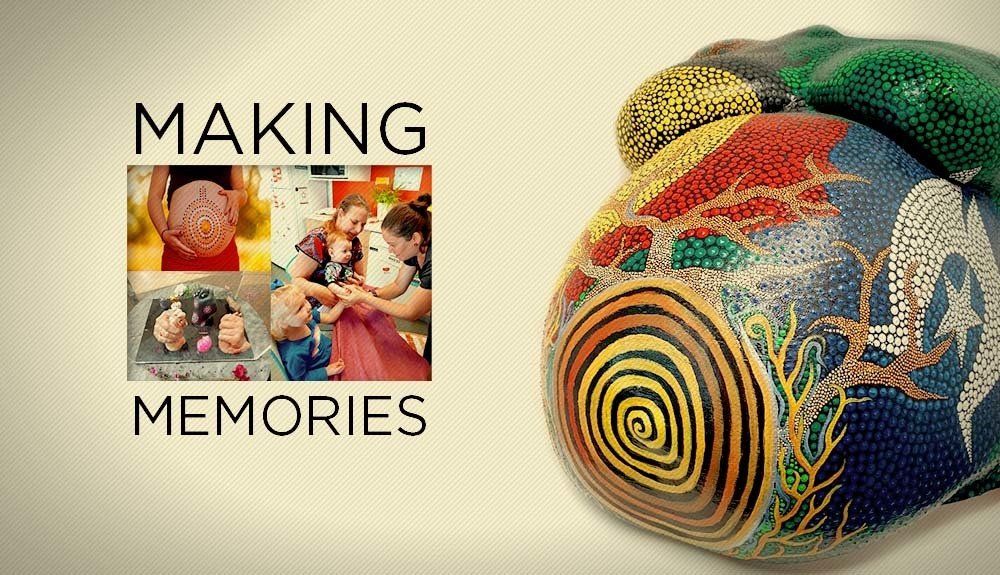Making Memories
Making Memories: An Exhibition Celebrating NAIDOC Week
The Institute for Urban Indigenous Health and the ANFPP recently partnered with Mater Mothers’ Hospitals, Beyond Empathy and Access Arts to launch the Making Memories exhibition.
The exhibition, held last 28 June to 15 July 2019, was part of Mater’s NAIDOC Week 2019 Voice Treaty Truth celebrations and celebrates the journey of pregnancy and parenting through the creation of painted pregnant belly, hands and feet casts. The exhibition is also one of many under the Sea of Bellies program that, among others, connects young Aboriginal mothers with Elders and midwives before and after the birth of their children.
'Making Memories” is a powerful demonstration of the importance of the need to embed culture creatively when employing holistic programs to empower and support Indigenous mums to improve pregnancy outcomes and child health and development. The practice of creatively documenting these important stories has been shown to impact positively on maternal life course development and self-efficacy.
Read more about the Making Memories exhibit
at the Mater website.
WE'D LOVE TO HEAR FROM YOU.
If you want to know more about the program or need help in getting connected with a nurse in your area, send us a message.
- Fields marked with an * are required
- Disclaimer for 28 weeks or less pregnant. Some exceptions may apply, please check with your local Nurse- Family Partnership provider for more information.
